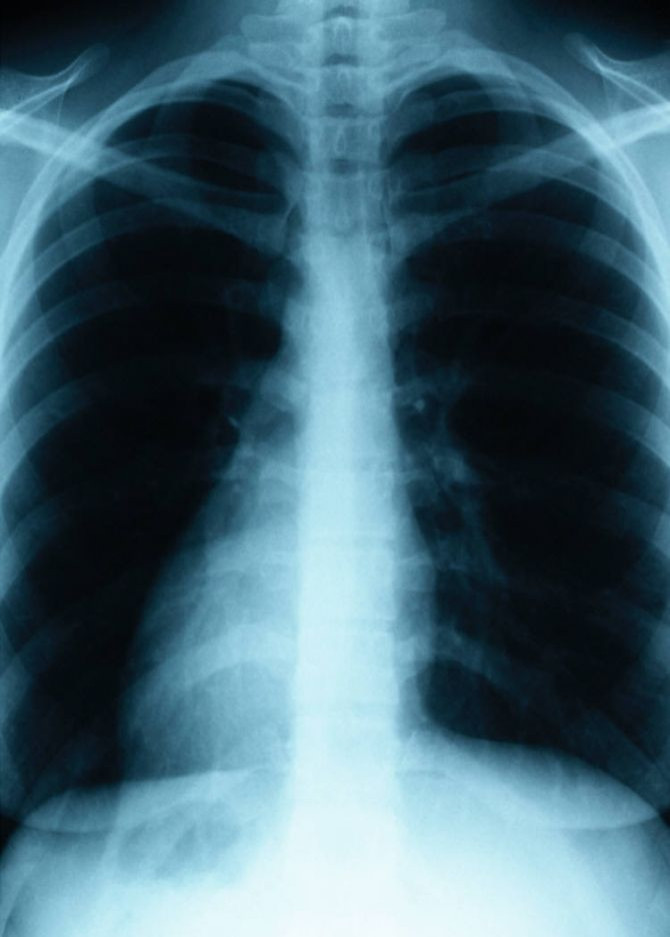Vitamin D May Protect Lung Fuction In Smokers

Those suffering from vitamin D deficiency have a higher risk of enduring respiratory failure, over time. A new study suggests vitamin D may have a protective effect against the harms of smoking.
Lead study author, Nancy E. Lange, MD, MPH, of the Channing Laboratory, Brigham and Women’s Hospital observed 626 Caucasian men over a 20 year duration. The study assessed three completely different time periods between 1984 and 2003 and lung function was measured with a spirometer.
In the participants who lacked vitamin D, for each one unit increase in the number of packs smoked per day, an average forced expiratory volume in one second (FEV1) was 12ml lower, compared with an average reduction of 6.5 ml among participants who were vitamin D sufficient. In longitudinal demonstrations, vitamin D deficiency aggravated the effect of packs smoked per day on a participant's decreasing FEV1 over time.
“Our results suggest that vitamin D might modify the damaging effects of smoking on lung function,” Dr. Lange said. “These effects might be due to vitamin D’s anti-inflammatory and anti-oxidant properties.”
The study has some restrictions, which includes the information being observational. Vitamin D levels vary over time. Another limitation was the study only involved elderly men.
“If these results can be replicated in other studies, they could be of great public health importance,” said Dr. Lange. “Future research should also examine whether vitamin D protects against lung damage from other sources, such as air pollution.”
According to Alexander C. White MS, MD, chair of the American Thoracic Society’s Tobacco Action Committee whether one is vitamin D sufficient or deficient, it should not overshadow the health risks and hazards linked to smoking. Those who do smoke should be aware of all the health consequences.
The study was published in the American Journal of Respiratory and Critical Care Medicine.
Published by Medicaldaily.com



























